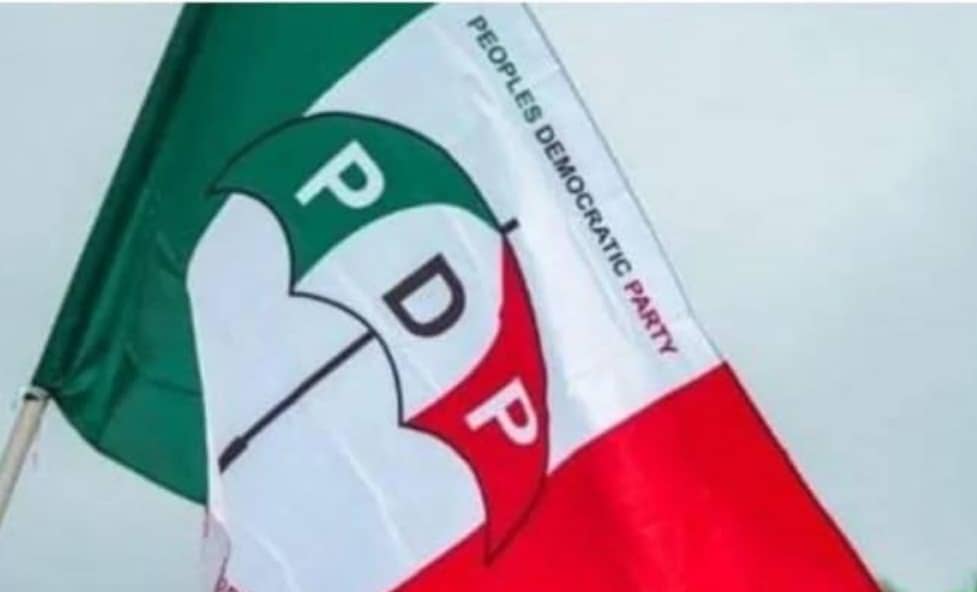Nigeria’s Foreign Debt Soars as Naira Depreciates
Nigeria is facing a significant increase in its external debt stock, reaching N28 trillion due to the devaluation of the Nigerian naira against the US dollar. This surge in debt is a result of the country’s total debt standing at N87.38 trillion at the end of the third quarter of 2023, according to data from the Debt Management Office.
The total external debt of N31.98 trillion ($41.5 billion) owed to foreign entities includes loans from financial agencies, Eurobonds, and syndicated loans. Multilateral loans from institutions such as the International Monetary Fund, International Development Association, African Development Bank, and International Bank for Reconstruction and Development also contribute to Nigeria’s external debt.
The continuous devaluation of the naira has led to a significant increase in Nigeria’s external debt. The naira has fallen from 891/$ to 1,609/$ between January and February 2024, representing a decline of 80.58%. This depreciation has caused Nigeria’s external debt to increase by over 109% in the same period.
Despite warnings from experts and global lenders about the risks of over-reliance on debt for development, Nigeria continues to borrow funds. The government is in talks with the World Bank for a $1.5 billion budget support loan, aiming to finance development projects and sectors.
The Debt Management Office’s Medium-Term Debt Management Strategy targets a 70:30 domestic and external debt composition. However, with the rapid devaluation of the naira, experts predict that Nigeria will struggle to meet this ratio.
The devaluation of the naira has also impacted the government’s budget for debt servicing in 2024. With the exchange rate surpassing the budgeted rate of 800/$, experts are concerned about the feasibility of spending N9 trillion on debt servicing.
Economists warn that the devaluation of the naira will continue to increase Nigeria’s external debt in naira terms, putting further strain on the economy. They recommend creating an enabling environment for a robust productive sector to reduce reliance on imported products and increase non-oil exports.
As Nigeria grapples with the challenges posed by the devaluation of its currency, experts emphasize the need for strategic financial planning and prudent economic policies to mitigate the impact on the country’s debt sustainability and overall economic stability.



